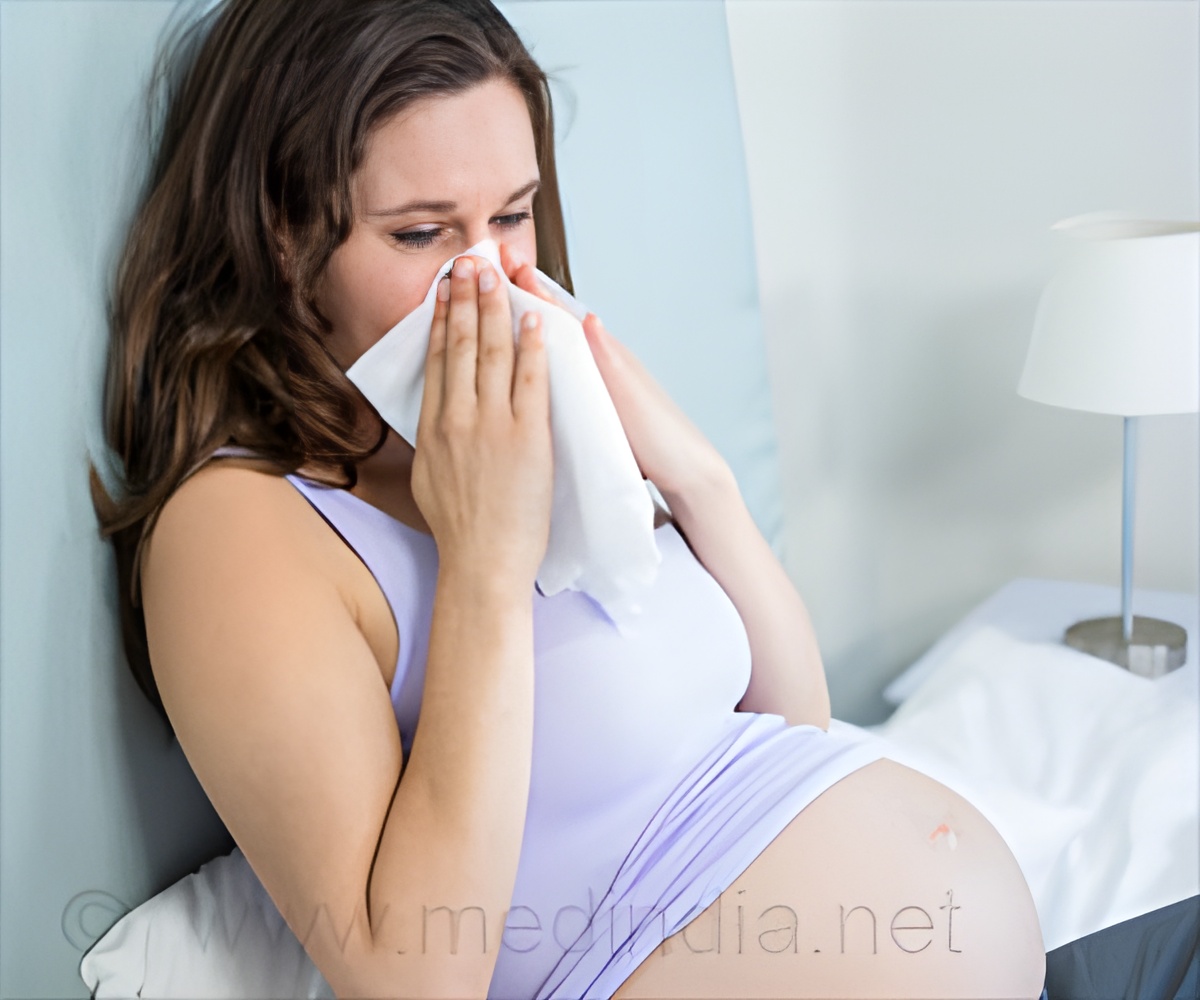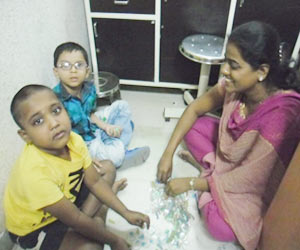Child autism spectrum disorders (ASDs) are not increased by maternal flu infection during pregnancy or influenza vaccination during second and third trimesters.

- Pregnancy is considered to be one of the populations at higher risk of morbidity and mortality from influenza infection, more so with associated comorbidities and during pandemics.
- Consequently, countries such as USA and Canada recommend flu vaccination of healthy women during pregnancy regardless of trimester.
- Studies conducted earlier have not indicated an increased risk of child autism due to maternal influenza infection during pregnancy.
- Regarding safety concerns about influenza vaccines, studies have not shown any association between inactivated flu vaccines administered during pregnancy and child autism spectrum disorders.
- However availability of safety data is limited, especially regarding vaccination during the first trimester.
Aim of the Study
The study authors wanted to assess whether maternal flu during pregnancy and administration of the flu vaccine was associated with an increased risk of autism spectrum disorders in the baby.
Details and Findings of the Study
The study involved over 196,000 children born between 2000 and 2010 at a minimum gestational age of 24 weeks.
The group included 1,400 mothers (0.7 percent) who were diagnosed with influenza and 45,231 mothers (23 percent) who were administered flu vaccination during pregnancy. 3,101 children (1.6 percent) were diagnosed with ASD.
"We found no association between ASD risk and influenza infection during pregnancy or influenza vaccination during the second to third trimester of pregnancy. However, there was a suggestion of increased ASD risk among children whose mothers received influenza vaccinations early in pregnancy, although the association was insignificant after statistical correction for multiple comparisons.
The study admits to several limitations, including determination of ASD status by diagnoses on medical records which were not formally validated by standardized clinical assessment for all cases. Moreover, it was not possible for the researchers to control other possible mitigating factors.
“While we do not advocate changes in vaccine policy or practice, we believe that additional studies are warranted to further evaluate any potential associations between first-trimester maternal influenza vaccination and autism," the study concludes.
Autism Spectrum Disorder – In Brief
Autism spectrum disorder is a developmental disorder characterized by impaired reciprocal social interaction and communication, and also stereotyped repetitive behavior.
The prevalence rates of ASD are estimated to be about 1 percent in children as well as adults. ASD is more common in boys with an overall ratio of 4:1, though this may vary across the spectrum of autism disorders.
The etiology of ASD is considered to be multifactorial, with a complex interplay between genetic and environmental influences, many of them yet to be fully defined.
Genetic Factors in ASD
Linkages on chromosomes 2q, 7q, 15q, and 16p have been suggested as possible locations of susceptibility genes of ASD. Cerebellar developmental patterning gene ENGRAILED 2 has also been linked to ASD susceptibility. GABA system genes as well as serotonin transporter genes have been implicated.
Environmental Factors in ASD
- Prenatal factors such as increased maternal age, drugs such as thalidomide, anticonvulsants, diabetes in the mother, and some viral infections such as influenza, maternal rubella and cytomegalovirus and MMR and influenza vaccines have also been variously implicated in ASD.
- Birth related factors such as low birth weight, birth asphyxia (weak breathing) and premature birth have also been suggested as possible causes for ASD.
- Post natal factors such as viral infections, mercury toxicity, autoimmune diseases and hypoxia are also suggested to be possible risk factors for development of ASD.
Conclusion
Recent advances made in the field of genetics have led to a better understanding of the molecular and cellular basis of ASD. However, the contribution of environmental factors having additive or multiplicative effects need to be further studied. It is felt that more funding needs to be dedicated to this area of research, which until now has not received enough backing or funding.
References
- Autism risk factors: genes, environment, and gene-environment interactions - (https://www.ncbi.nlm.nih.gov/pmc/articles/PMC3513682/)
- Is Maternal Influenza or Fever During Pregnancy Associated with Autism or Developmental Delays? Results from the CHARGE (CHildhood Autism Risks from Genetics and Environment) Study - (https://www.ncbi.nlm.nih.gov/pmc/articles/PMC3484245/)
- The negative impact of Influenza infection during pregnancy - (http://www.influenza.org.nz/negative-impact-influenza-infection-during-pregnancy)
- Vaccines Do Not Cause Autism - (http://www.cdc.gov/vaccinesafety/concerns/autism.html)
- Misconceptions about Seasonal Flu and Flu Vaccines - (http://www.cdc.gov/flu/about/qa/misconceptions.htm)
Source-Medindia















